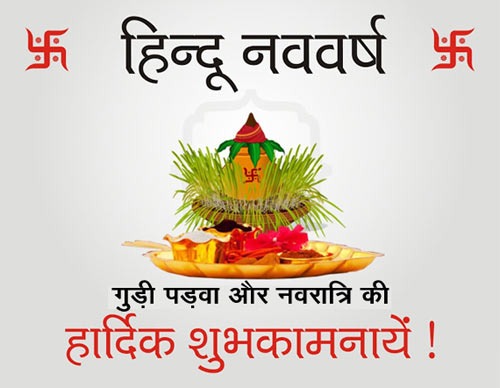There was a small tea stall at the corner of Shalimar road and Pahaadi Mohalla in Jammu, India.
Once, I was waiting for a city bus - right next to that shop.
Since there was no customer at the shop, the owner started making some paper bags by ripping off the pages from an old book. There was a small pile of old books and newspapers on the floor next to him.
Out of curiosity, I started to look at the books, and suddenly the title of one book caught my attention.
It was Diwan-e-Ghalib, a collection of Mirza Ghalib's poetry in Urdu.
I asked him how much that book was worth to him.
He checked the number of pages.
After calculating how many paper bags could be made from that book, he said, about one Rupee or seventy-five Paisay.
I wondered why he would sell such a good book just for one Rupee.
Though it was old yet, it had to be worth more than that.
So, I offered him five rupees. (A similar new book would have been around 10 or 12 Rupees in those days)
He gave me a strange look - wondering why I was offering five rupees when he asked for only one.
I gave him five rupees and bought that book.
Needless to say, we both were happy.
The paper had some value for that old illiterate man - but what was written on that paper had no value for him.
On the other hand, the paper and its quality did not matter to me. However, what was printed on it, was of great importance to me.
Similarly, for the kind of mind possessed by a moth, the reality of paper is infinitely different from the reality of literature.
For the moth - which eats that paper - the paper is its food; means of survival, the very source of its life. But the literature is absolutely non-existent for it.
And for a curious man, literature has much greater value than the paper itself.
So it's not really the things or objects that have value.
It's the users of those objects that give them value according to their own needs and desires.
The same can be true about people as well.
We give value to people according to their role in society - their influence over our minds and impact on our personal lives.
" Rajan Sachdeva "




